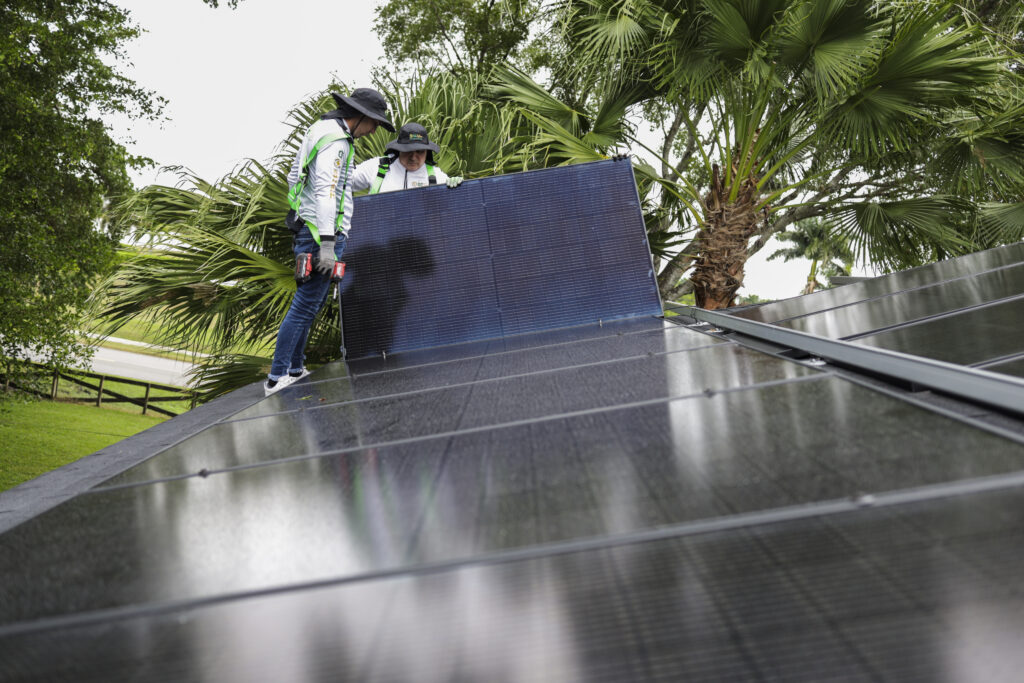
The decision to install solar panels is not just an economic or environmental choice—it’s a psychological shift. Homeowners who switch to solar energy often find themselves becoming more conscious of their electricity usage. This article explores the psychological impact of installing solar panels and how they influence daily energy consumption habits.

Once homeowners invest in solar panels, they typically become more aware of their energy consumption. This heightened awareness leads to behavioral changes, such as reducing unnecessary electricity use, optimizing appliance usage, and shifting energy consumption to peak solar production hours.
Having a personal solar energy system gives homeowners a greater sense of control over their electricity production and consumption. Instead of feeling powerless against fluctuating electricity rates, they can actively manage their energy use to maximize savings and efficiency.
The economic benefits of solar energy reinforce energy-saving behaviors. Knowing that lower energy consumption translates to lower utility bills (or even credits for excess energy sent back to the grid) motivates homeowners to be more mindful of their electricity use.
Many people choose solar energy for environmental reasons, and this commitment extends to their overall lifestyle. Solar panel users often adopt additional sustainable habits, such as investing in energy-efficient appliances and reducing waste.
Installing solar panels is more than just a financial investment; it’s a catalyst for a fundamental shift in how individuals perceive and use energy. By fostering awareness, control, financial incentives, and environmental responsibility, solar panels empower homeowners to become more mindful and efficient energy consumers.

